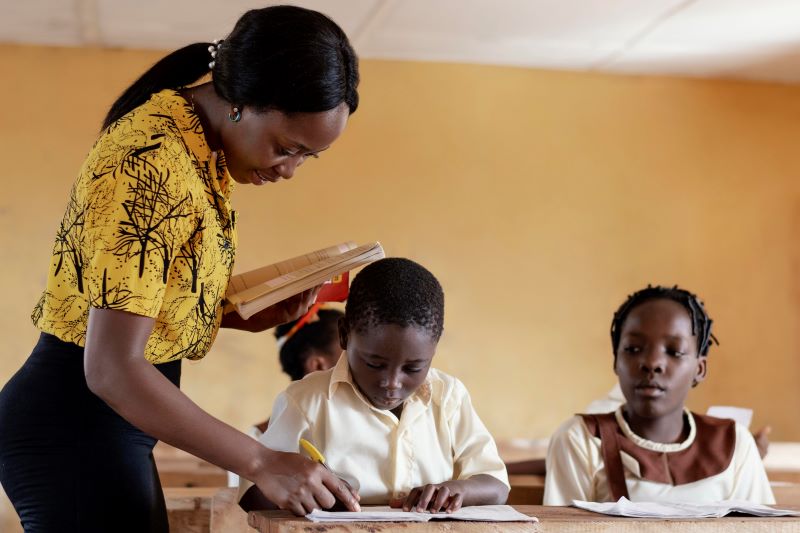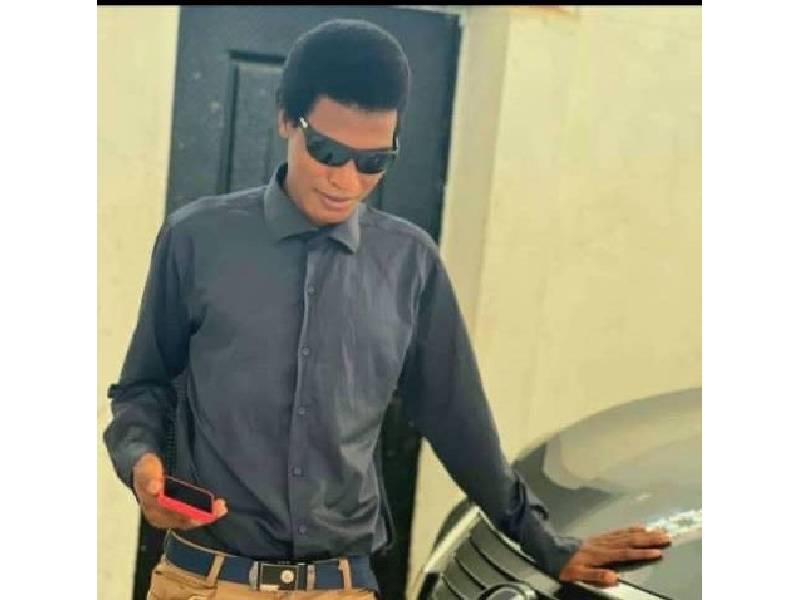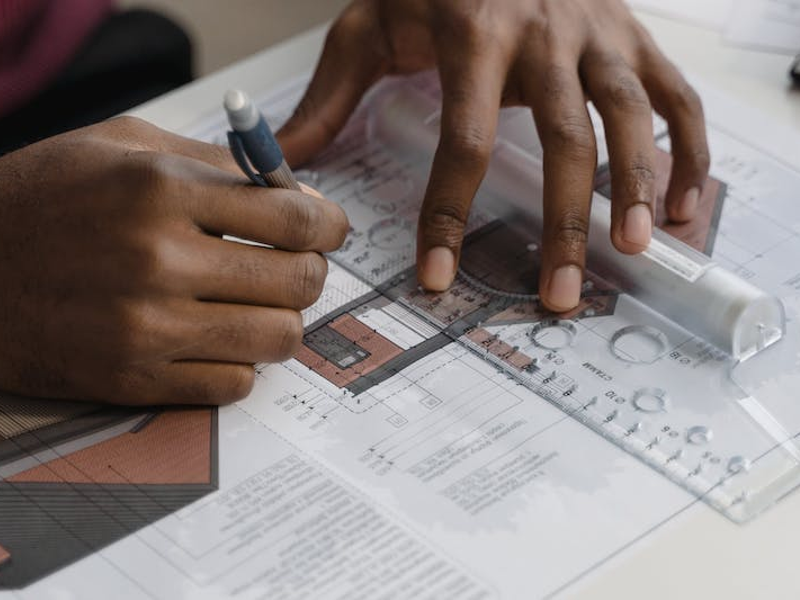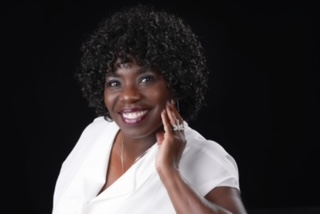Image by Freepik
Education has always remained a catalyst for growth and development for any nation or people. Whether it be to achieve upward social mobility, break the cycle of poverty, secure quality jobs that impact the standard of living, and generally improve the quality of life.
In Africa, one of the biggest challenges currently facing the continent is the issue of access to quality education. Out of the number of out-of-school children all over the world, Africa accounts for a 29.5% rate of out-of-school children according to a 2023 UNESCO report.
With a whopping 49.0% out of school for upper secondary and 34.2% in lower secondary for sub-Saharan Africa, the continent faces a growing challenge in ensuring it gets more children enrolled in schools thereby securing the future of the upcoming generation and ensuring the continent can compete in a vastly modernized world.
In tackling this challenge of access to quality education, many African Educators have continued to show passion for finding solutions to the problems of access to education as well as delivering impactful teaching methods that open the minds of the African Child.
One of such educators is Peter Muli who is contributing to the education sector through the use of mobile technology in classrooms. Leveraging the use of mobile apps, teachers like Peter Muli can reach students locally and even in remote areas to provide interactive lessons and learning experiences that ensure all students irrespective of location gain access to quality education.

Uchenna Onwuamaegbu Ugwu Source: Instagram | Uchenna Onwuamaegbu
Technology has become an indispensable tool for the growth and development of the next generation. Incorporating it as part of the learning process helps prepare students for the digital world. Organizations like Edufun Technik run by Uchenna Onwuamegbu Ugwu, a STEM professional and advocate have continued to lead the charge in providing quality hands-on training in Science, Technology, Engineering, and Mathematics for children and youths.
The organization’s after school programs introduce children between the ages of 8-16 years to varying STEM fields like coding, robotics, programming, engineering design methodology, and critical and problem-solving skills.
Among the many challenges faced by educators in Africa is the concern of being able to meet the challenges of educating those with disabilities. One such educator confronting this challenge head-on is Rose Kwamboka Nyagwoka.
As a Kenyan, Rose has continued to prove that the presence of disability is no hindrance to quality education. As one of the several deaf women to receive education to a university degree, Rose has taken up the mantle of providing a platform that seeks to educate deaf children in Kenya and the larger world.
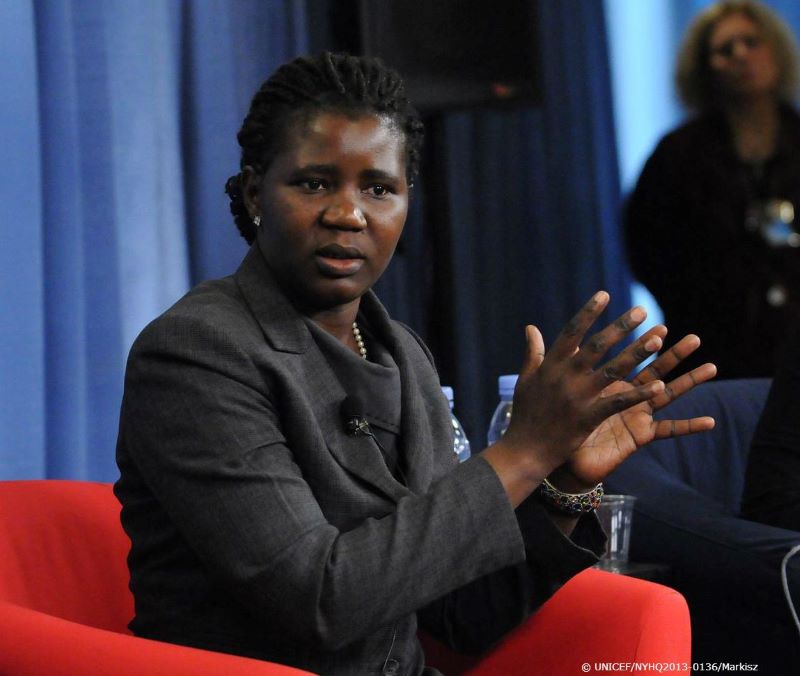
Dr. Grace Akallo. Image Source: Facebook | UNICEF
Among other concerns for African educators is the growing spate of out-of-school girl-child. Advocates like Dr. Grace Akallo from Uganda suffered as a victim of abduction by the Lord’s Resistance Army, a rebel group whose aim was to use her as a child soldier until she escaped from captivity.
Dr. Grace continues to push for scholarships and mentoring programs targeted at the girl child. With several biographies of her experience during her 7 months ordeal in captivity, Dr Grace has remained resilient and committed as an activist for the rights of African women and children.
Across the continent, many educators continue to seek ways to address the shortfalls in the educational system. By leveraging technology, innovation, and making their voices heard, the effort to ensure that no child is left behind and that each has access to quality education is a fight that must be won.

Okechukwu Nzeribe works with the Onitsha Chamber of Commerce, in Anambra State, Nigeria, and loves unveiling the richness of African cultures. okechukwu.onicima@gmail.com

